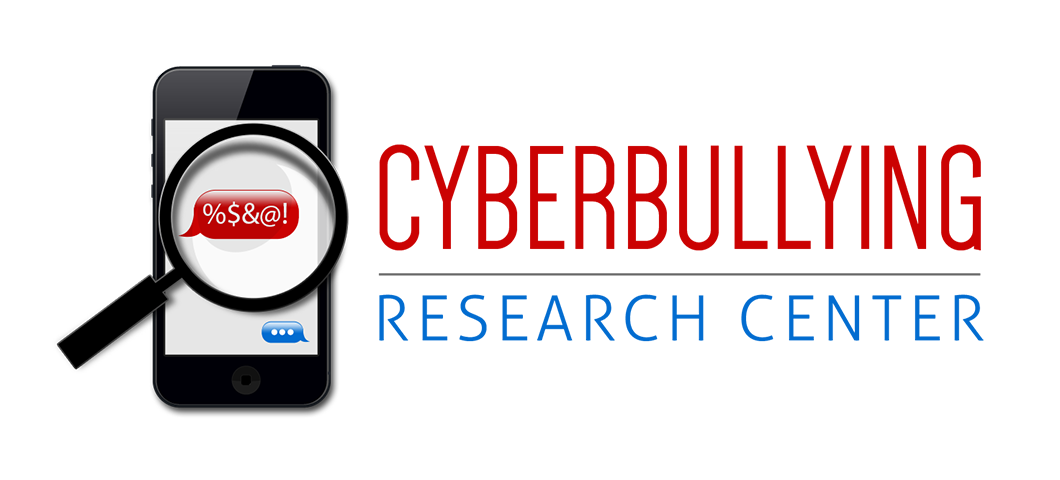
Justin and I study and work to reduce various forms of deviance and crime on social networking sites, and this recent article on CNN.com prompted me to talk about some of the issues therein.
The main thrust of the story is that cybercriminals are now using Facebook and Twitter to victimize unsuspecting individuals through “phishing” techniques, where targets click on a link and are taken to a site that convinces them to reveal personal information. This parallels the phenomenon of email phishing, where people receive what appears to be legitimate communication from their bank, cable Internet company, or an e-commerce site like eBay asking them to follow a link to fix a time-critical password/account/payment problem by typing in their private data.
The criminal usage of these links (and the convincing content that surrounds them) can be characterized as social engineering, which often involves some amount of emotional pressure to lead an individual to make a quick online decision based on invalid or unvalidated information. Undergirding these schemes is the promotion of urgency – basically saying that if you don’t click on this link and do the needful immediately, you’ll lose online access, or your reputation may be damaged, or you’ll suffer from other serious consequences.
The bottom line is that we need to make sure that we cautiously evaluate the legitimacy of the sites we visit from links within Facebook and Twitter. If you think you might actually have a password/account/payment problem on a site, go to that site directly (i.e., type the URL into your browser’s address bar) rather than clicking on a link to get there. Secondly, use your browser’s (Firefox, Safari, Internet Explorer, Opera) built-in anti-phishing features to verify the legitimacy of sites that you visit (whether directly linked from a social networking or microblogging site, or accessed another way).
Web 2.0 sites have provided us with many benefits, but are now being exploited to perpetrate identity theft and fraud. Carefully think about what you’re doing – and the validity of the information being presented to you – as you follow links across the WWW from these online environments.








I agree this horrible, this is not only happening to our children, but the harrassment, violence and bullying is happening with the adults as well.
These sites that promote violence are posted where our children see them and should not be allowed on the internet and I say they need to get on the ball and start doing something about these websites.
When we think of identity theft, the first thing that comes to mind is someone losing their personal information such credit card, social security number and etcetera to a petty thief. I’ve discovered that identity theft is just another method used by cyber- bullies to incriminate or embarrass a particular person by using his/her personal information, photo and etcetera as a tool of humiliation. I recently read an article about a man taping into his coworkers Facebook account to get their personal information so he would be able to get into their personal computer to retrieve nude photos or explicit email for his pleasure.
I think today especially people have used social networking sites for identity thief like the reading stated. I know people that have had their pictures stolen on facebook being used to bully others. The information we put on facebook makes it easier for someone to impersonate a victim. And although facebook have privacy settings a lot of young adults do not even bother to safe guard their page by keeping personal information personal.
I have had some friends who are constantly putting on their Facebook their location and exactly what they are doing. I think this is a big problem because this information is accessible to anyone. This is putting one in danger because some lunatic might see this and stalk you which are a serious problem. I also do not like the idea of just randomly meeting people on Facebook and then meeting up somewhere to meet because you never really know who the person is. I had a friend one time who was talking to some guy she met online and after a while she found out the guy was fake and had stolen someone else pictures and made a Facebook. My advice is to be careful what you put on your Facebook.